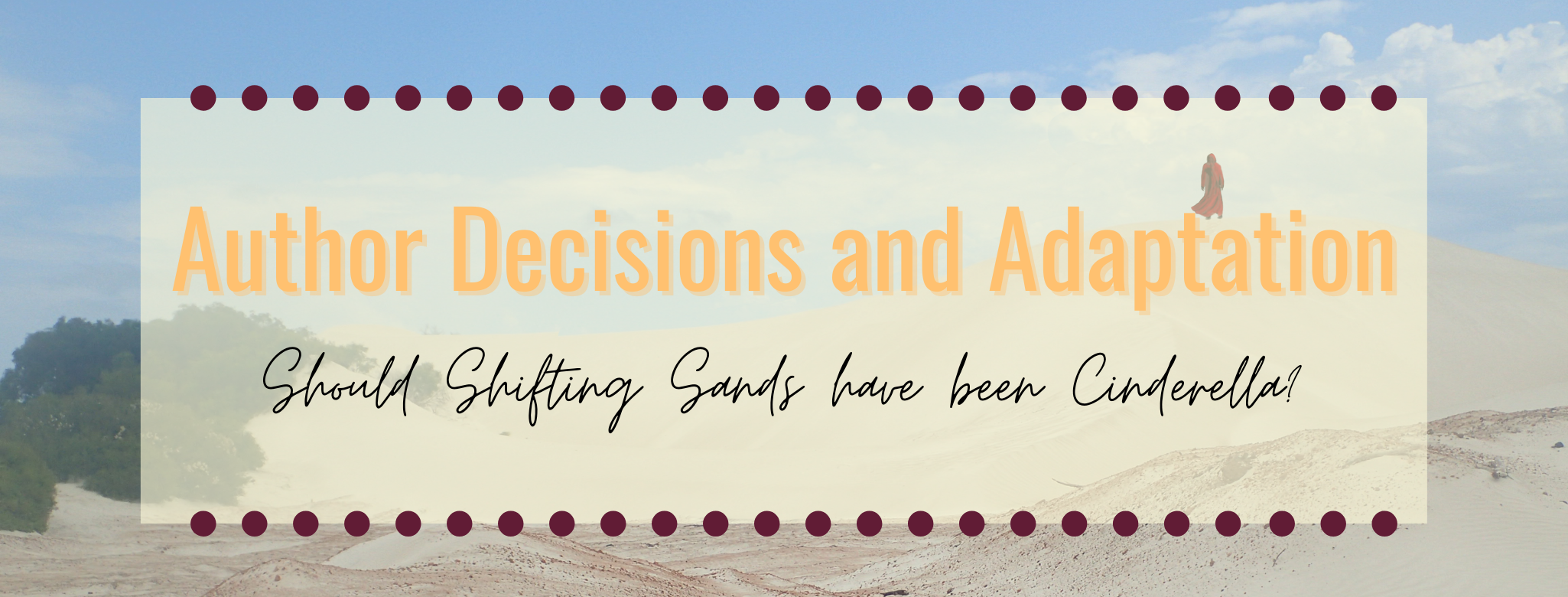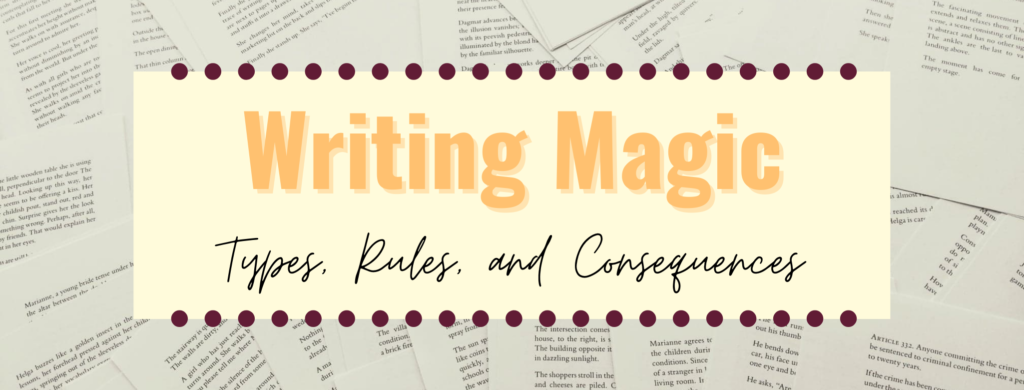Oops, it’s been a while since I wrote a blog. Time keeps moving so quickly! If you’re signed up to my newsletter (and why wouldn’t you be?), you’ll have seen the small PhD updates I add to each new wave of Shifting Sands – next wave on March 17th by the way. I’m deep in the critical side now and it’s stealing a lot of my focus. If things go well, I should be finished the first drafts of all my discussion chapters by the end of the Easter holidays, after which I just have to overhaul my lit review, redraft/edit, and write the introduction and conclusion. It’s getting there! But all this critical writing is causing me to reflect back on the author decisions I made in creating Shifting Sands. Were they the right ones? What influenced them? Can an author ever know if they’ve made the right call?
Unintended Author Decisions
The subject of my last PhD discussion chapter was something I’d hoped to avoid. You see, when I started thinking about author identity, I was most interested in the constructed identity (i.e. the performance built up by the author’s decisions on social media). The more I dug into the subject, however, the more I came to think about the fact that our choices are not entirely “voluntaristic”. Who we are, how we act… There is a context and history behind each of these, and behind the responses of our audience. Almost three years on and I’m realising just some of the ways these less voluntaristic aspects shaped my choices in Shifting Sands.
Choosing to write a fantasy story within the constraints of my PhD was probably not my wisest researcher or author decision. Fantasy has its own (heavily white, male, and Eurocentric) history and context and any writing that exists in the genre is connected to those contexts whether it wants to be or not. It felt like the right choice at the time because I was familiar with it and, since my focus was on form over content, the story didn’t really matter. Or, so I thought. Some decisions were deliberate, trying to work against the Tolkienesque template that so often dominates fantasy. Others were shortcuts, using norms from within the genre to gesture at something I didn’t have the time or the word count to explore fully. But they all add up and probably say more about me than I will ever understand.
Cinderella and Adaptation
Because I’ve spent the last month pulling some of these decisions apart for my research, I’ve also been thinking about whether I should have gone another way. Today, I had a brainwave. I knew where I could have gone if not Shifting Sands. Cinderella! I wrote my undergraduate dissertation about it, so I definitely know it well. It’s one of the most famous (and frequently adapted) stories in the world. And I’d had ideas related to exploring the different viewpoints in Cinderella before – this would just be simpler because it would remove the transmedial element. It seemed like a brilliant solution. But then I realised it didn’t solve the history and context problems I encountered with Shifting Sands.
If you want a peaceful trip to the cinema, don’t take me to see a film adaptation. Even if I enjoy the film, I like to dissect the decisions made. Take Mulan (2020). Being live action instead of animated accounts for some decisions, like the removal of the musical elements. But other choices tell us more about the change of context. While I have strong feelings about the removal of Shang Li as a character, for example, it’s a decision that reflects events which have happened since the 1998 film. Producer Jason Reed explained that, given our increased awareness of men in power abusing their position to sleep with women, Shang’s position of authority in the 1998 film wouldn’t translate well twenty years later. Society has changed, so the film adaptation had to change too.
Choices, Choices
Writing a Cinderella adaptation wouldn’t have let me keep my focus on the constructed author identity. In fact, the need to think about the context which informed the narrative decisions I made would probably have been even more important. It has so much history attached to it! To rework something to suit a new audience and new social context means being aware of that history and why you’re wanting to change the things you’re changing. But perhaps that’s something we should do when writing a particular genre too.
Authors make countless decisions as they write whatever they’re working on. Sometimes these will be conscious choices, like giving a character a particular name. I researched hundreds of baby names related to twins for Keiziro! Other times, less so. I’m still figuring out those parts in Shifting Sands. If you’ve got questions about anything from the text, it’d be fun to hear them – then maybe we can figure out what kind of author decision they were! Until then, I’m going to keep reflecting. Hopefully one day this PhD will be PhDone.



